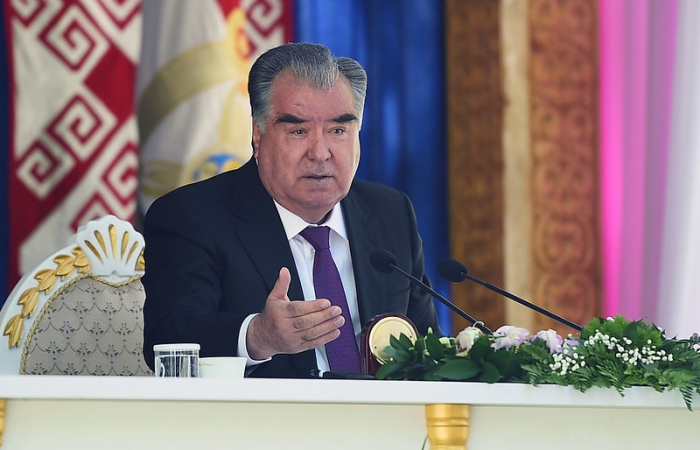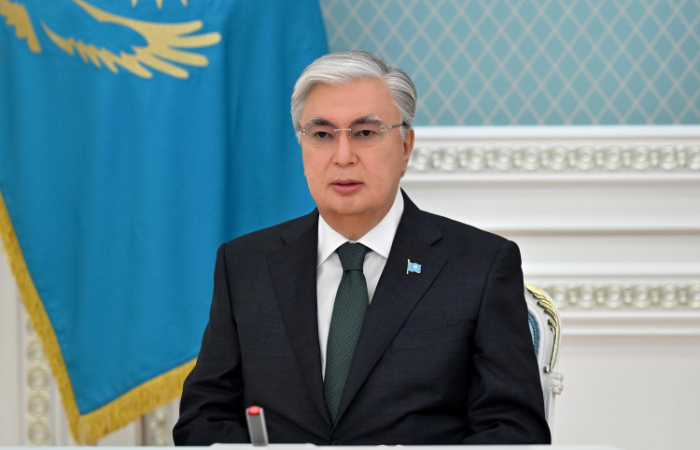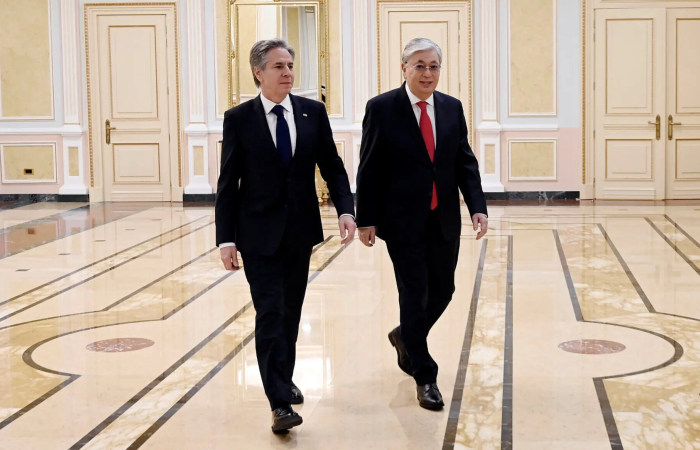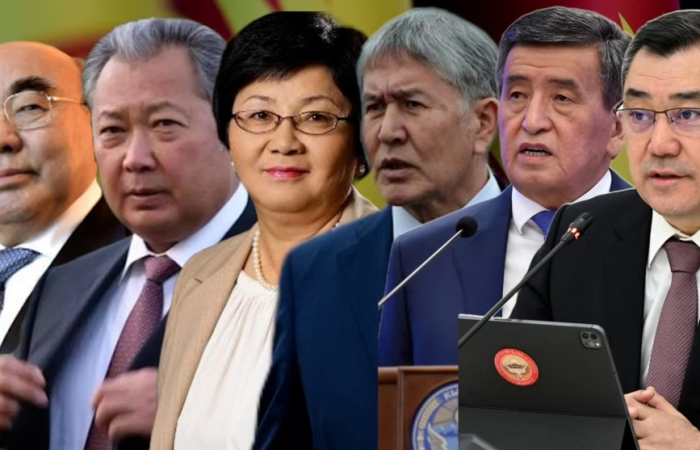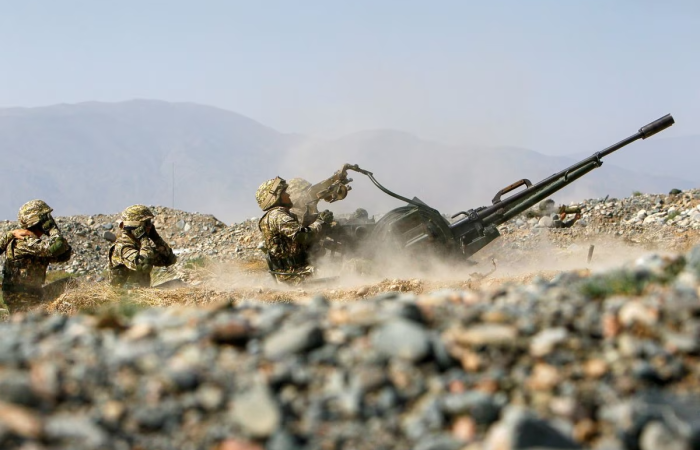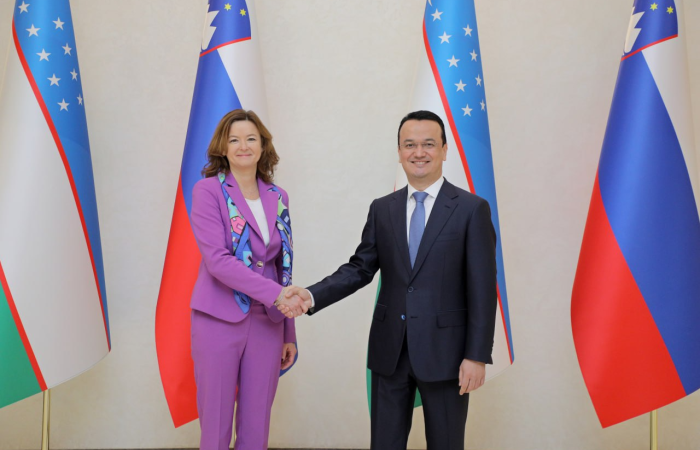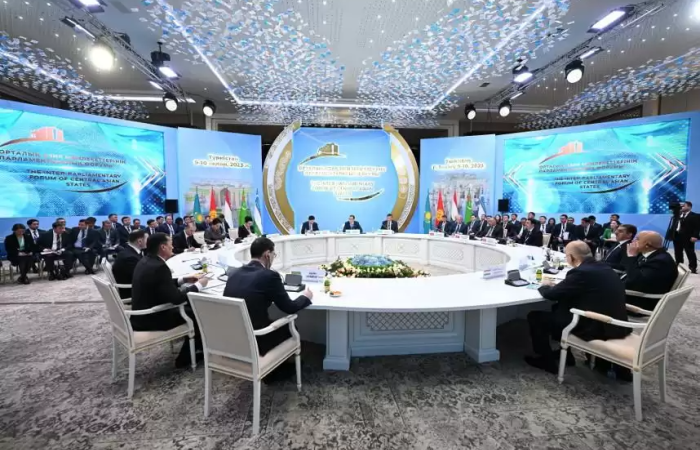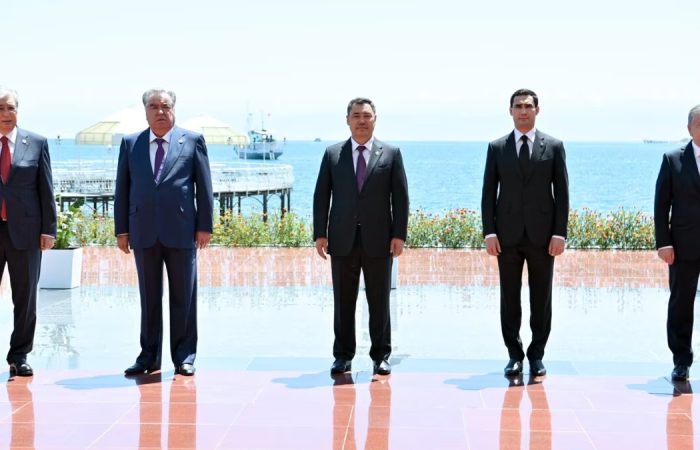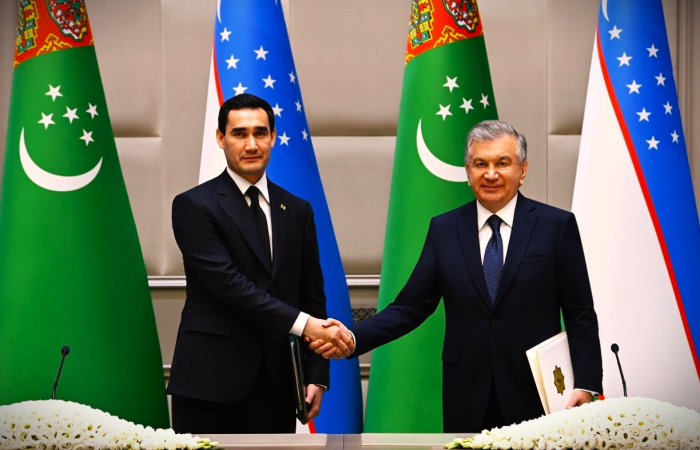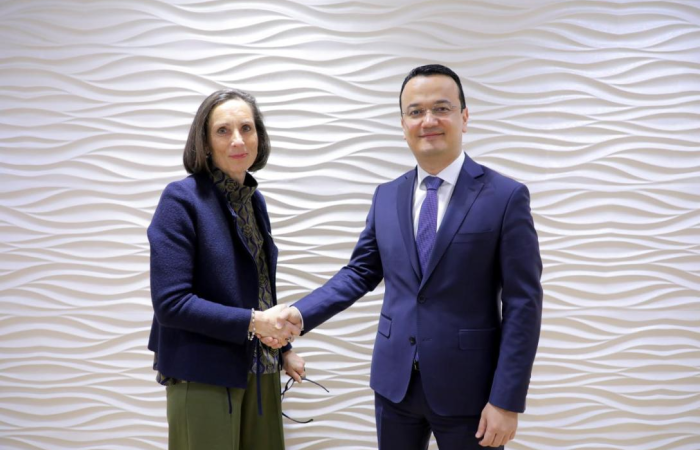Trending
Tajikistan tense amid arrests of senior personalities and former officials and rumours of a failed coup
25 June 2024
Tadjik President Emomamli Rahmon has run Tajikistan with an iron hand since taking power in 1992. There are now reports that he is preparing to hand power to his son. So, news of dissent in the Central Asian Republic is rare. News of a coup and the arrests of many prominent former officials have therefore triggered a lot of speculation. Saidjafar Usmonzoda, a prominent member of the Tajik parliament, was detained on June 14 for allegedly “plotting to overthrow the government.” Prosecutor-General Yusuf Rahmon accused Usmonzoda of collaborating with the foreign-based opposition group National Pact of Tajikistan and of speaking with its leader, the self-exiled Sharofiddin Gadoev. Parliament quickly stripped Usmonzoda of his immunity



